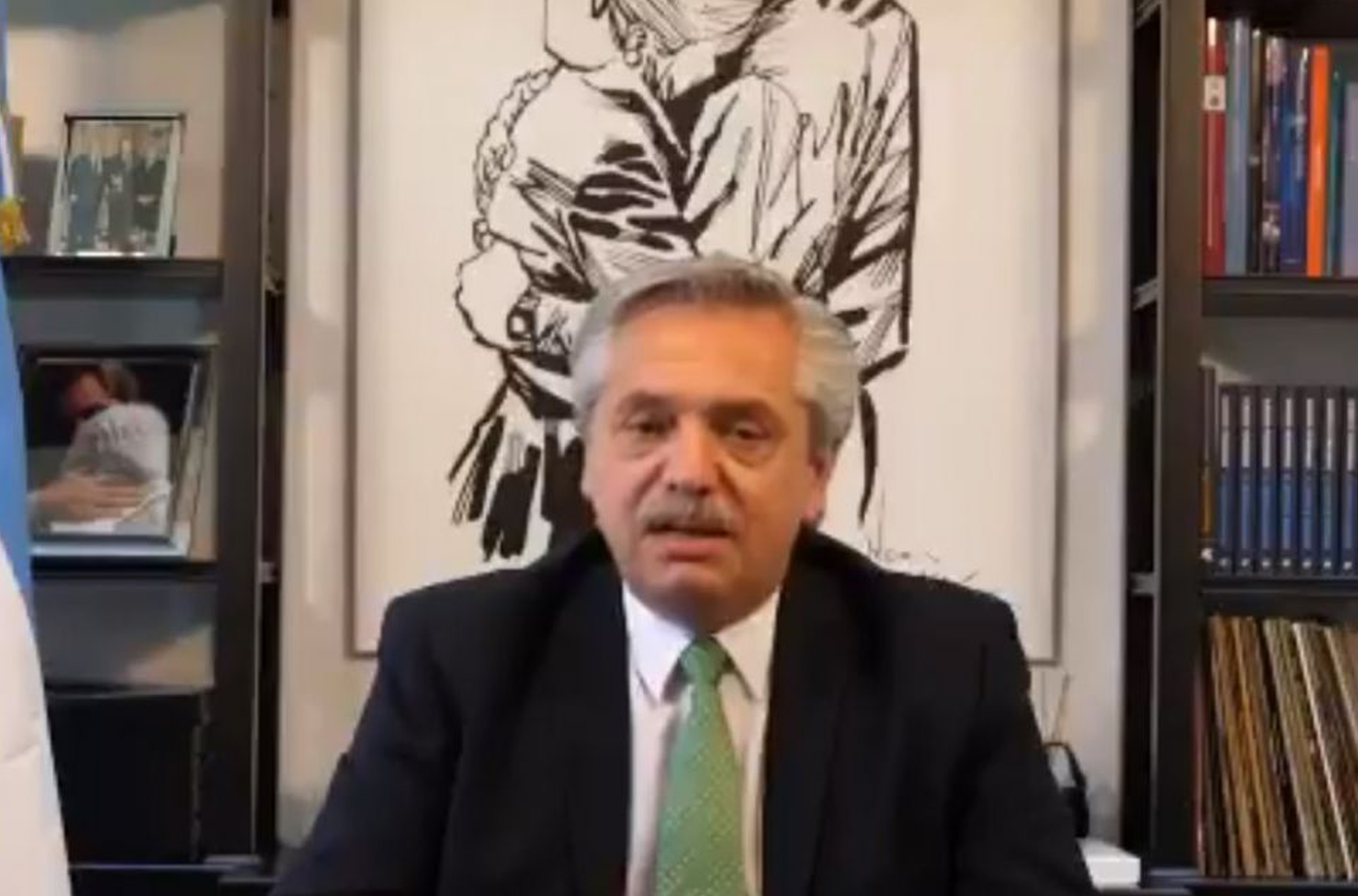
On 11 November 2020, a headline on the news site Argentina AS asked: “Legal abortion: when will the Government send the bill to Congress?” In the accompanying article, Vilma Ibarra, Legal and Technical Secretary, confirmed that President Alberto Fernández would table the Voluntary Interruption of Pregnancy bill some time in November.
On 17 November, the BA Times reported that the bill had been tabled and included in the agenda of extraordinary sessions before the end of 2020. The purpose of the bill, she said, was a public health imperative: there are between 350,000 and 370,000 abortions per year in Argentina in unsafe conditions. Hence, one of the main objectives is “to prevent preventable deaths” that occur due to clandestine abortions. Fernández echoed this and said: “The country must face up to the reality of unsafe clandestine abortions that are being ‘performed in hiding’. He said he sought to guarantee that “all women have access to the right to comprehensive healthcare” and that criminalising abortion unfairly punishes “vulnerable and poor women,” describing them as “the greatest victims” of Argentina’s legal system. He added: “Every year around 38,000 women are hospitalised for abortions and since the recovery of democracy, more than 3,000 women have died from this cause.”
Alongside this bill, a bill called the “1000-Day Plan” was tabled to initiate a programme “to monitor pregnancy and the first three years of life of children”. Fernández said “The scheme would establish a support programme to reduce “mortality, undernourishment and malnutrition,” prevent “violence” and protect early relationships, and guarantee child support payments during pregnancy, birth and the first three years of a child’s life.” It also aimed to ensure that women who sought abortions due to poverty had additional support if they wished to continue the pregnancy. “It is also very important to develop a very strong state policy on comprehensive sexual education, to reach women on time,” Ibarra stressed.
Everyone is stressing the fact that the issues are the same since the comprehensive debate on the issues in 2018. At that time, the bill (whose main clauses had been drafted by the Campaign for Legal, Safe and Free Abortion), was passed in the Chamber of Deputies but fell in the Senate by 38 votes to 31.
Today, there is concern that as many as four votes to reach a majority in the Senate may not be “on side”. The movement created a lot of pressure in recent months to table a new bill, but there is also concern: “We cannot afford to fail a second time.” The timing is also questioned due to the pressure on the public health services from Covid-19 cases, but the need for abortions has not decreased.
SOURCES: BA Times, 17 November 2020 + PHOTO (Screengrab of the President) ; Argentina AS, by Micaela Cannataro, 11 November 2020



